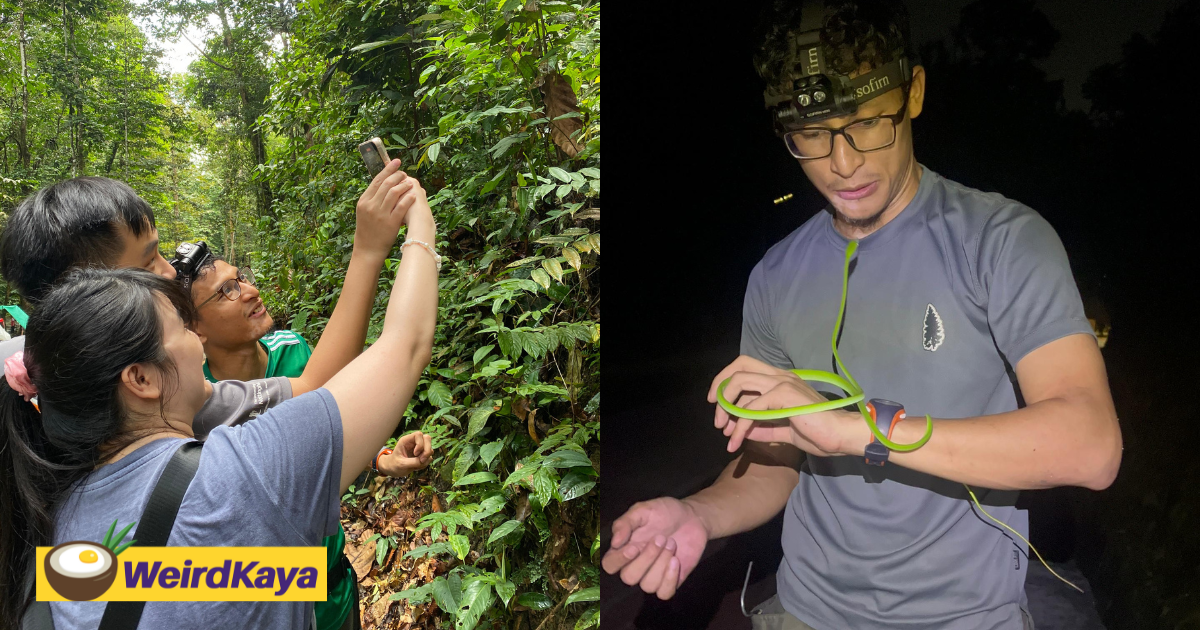Exclusive Story by WeirdKaya- Proper accreditation to WeirdKaya and consent from the interviewee are required.
Parents often prevent their children from playing in the mud for fear of the diseases that their children might catch, but this was not the case for Muhammad Azamudeen bin Mohammad Nasir.
This 27-year-old PhD student, who hails from Pekan, Pahang, spent his formative years surrounded by the natural wonders of Sarawak while growing up in Bintulu.
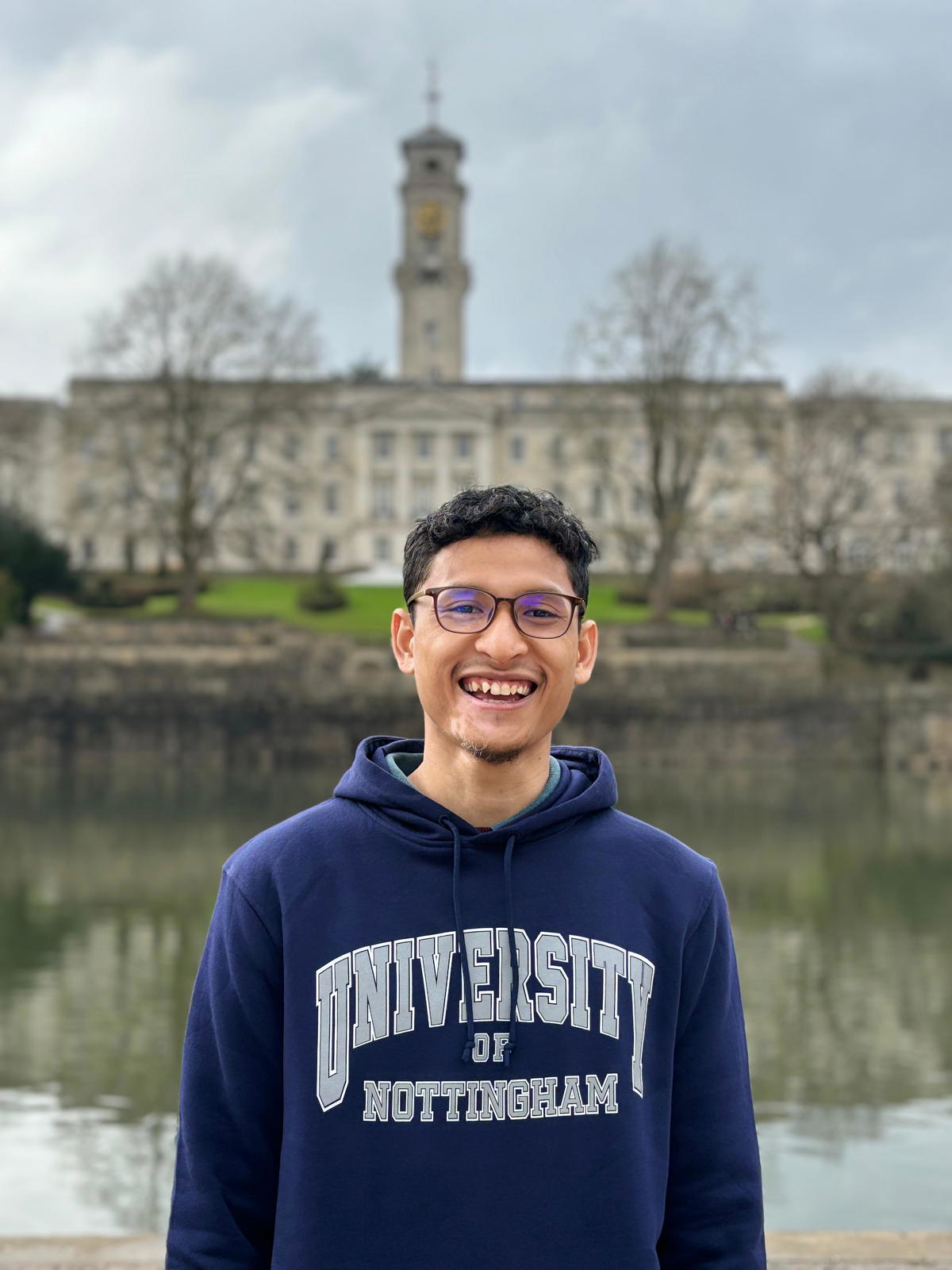
Pursuing a PhD in Ecology & Genetics of Peat Swamp Fishes
Driven by a deep sense of curiosity and a love for nature, his upbringing undoubtedly shaped his passions and aspirations in profound ways.
Fondly known as Azam to his family and friends, his childhood was spent exploring puddles with his father and grandfather after floods subsided, as well as collecting insects, frogs, and fish to present them to his mother.
Although Azam’s mother would squeal in surprise, she never once prevented him from immersing himself in experiences during those formative years that sparked a lifelong fascination with ecosystems, particularly in Malaysia’s rich tropical biodiversity.
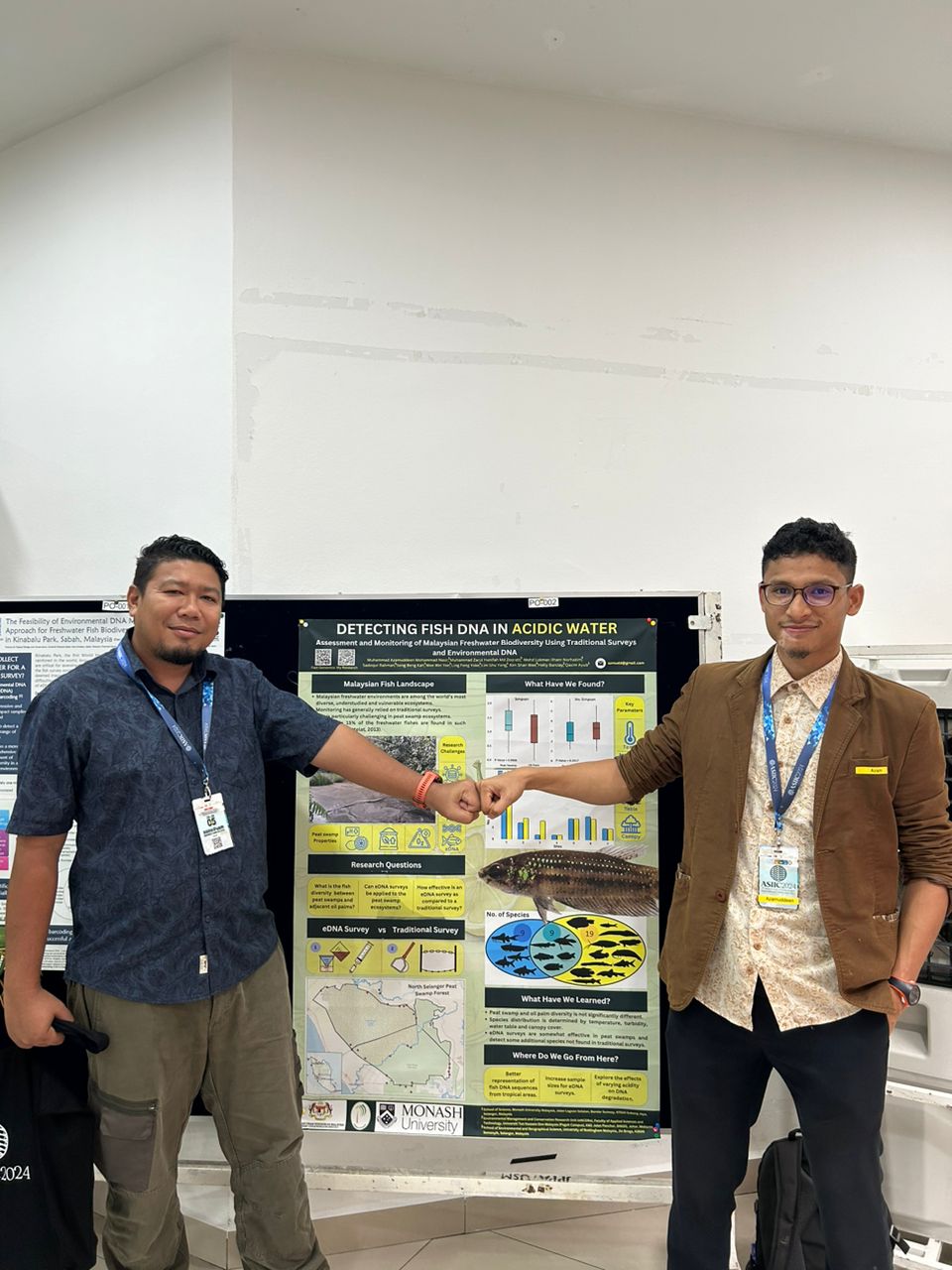
Currently pursuing a PhD in Ecology and Genetics of Peat Swamp Fishes, Azam is based at Monash University in Bandar Sunway. However, he often escapes this concrete jungle and travels to the great outdoors for his research.
His work has led him deep into the forests of North Selangor, where he has uncovered fascinating discoveries, including endemic fish species in their own natural habitat.
I was given the opportunity to observe and study the smallest known fish species in the world! Here in Malaysia!”
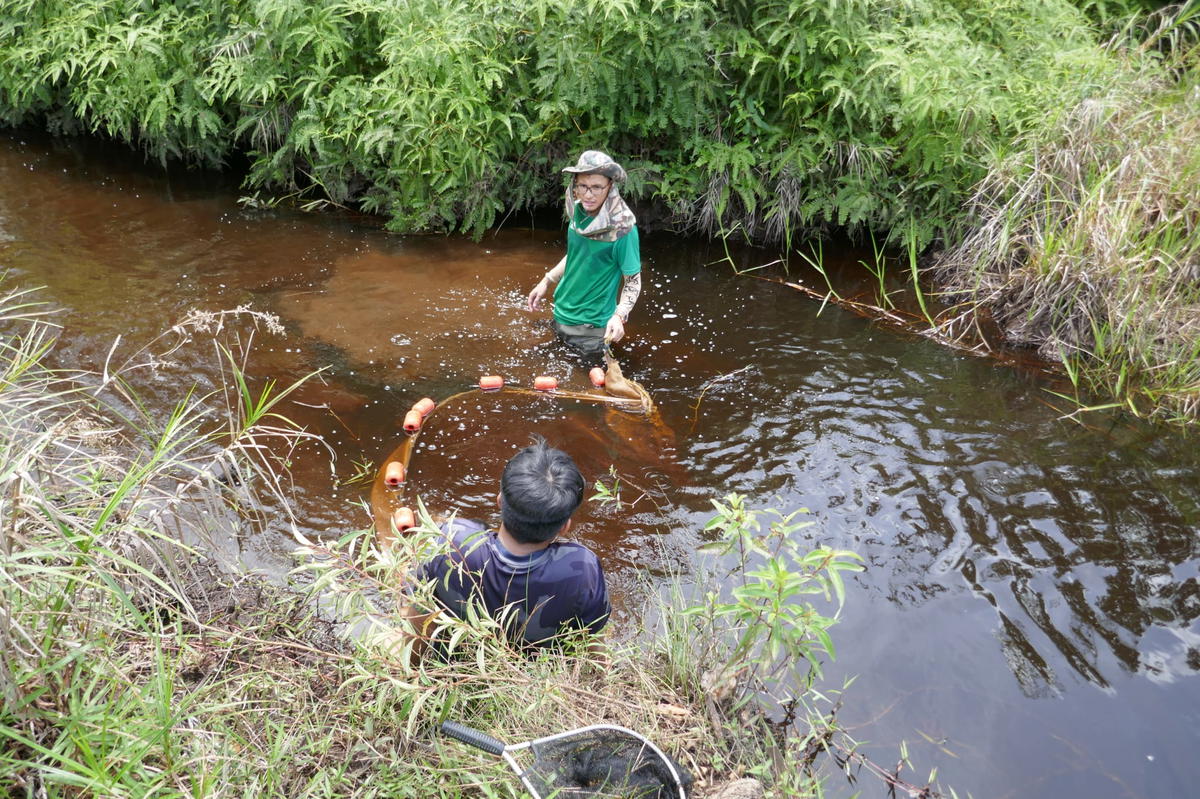
Facing nature’s challenges
Exploring Malaysia’s rich ecosystems comes with its fair share of challenges. But it’s these moments that remind him of the unpredictable and perilous nature of his work.
I’ve had experiences of a tree crashing onto my car, leaving it completely wrecked, to navigating encounters with wild animals, poisonous mushrooms, dangerous plants, and even discovering fresh bear claw marks.
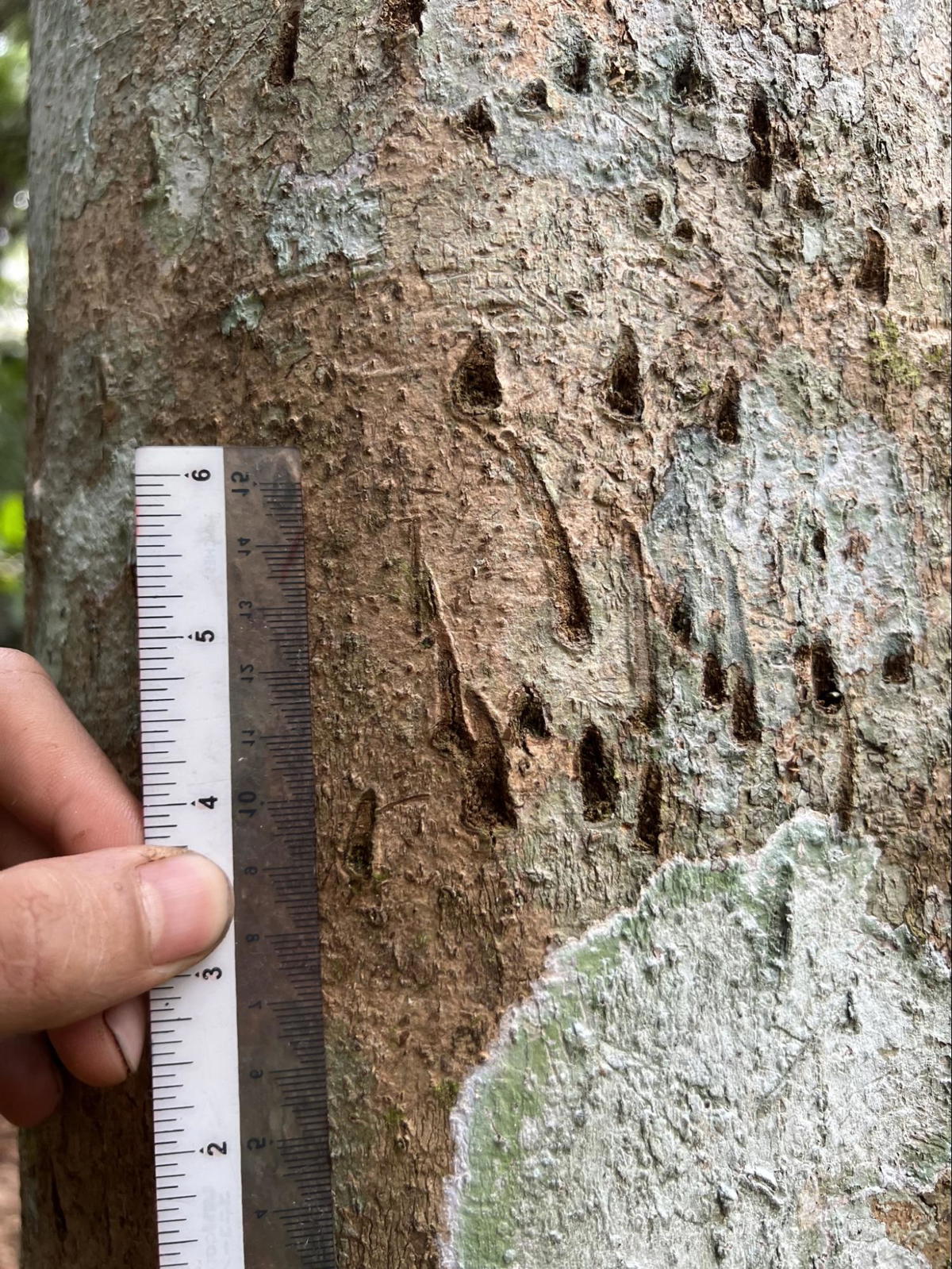
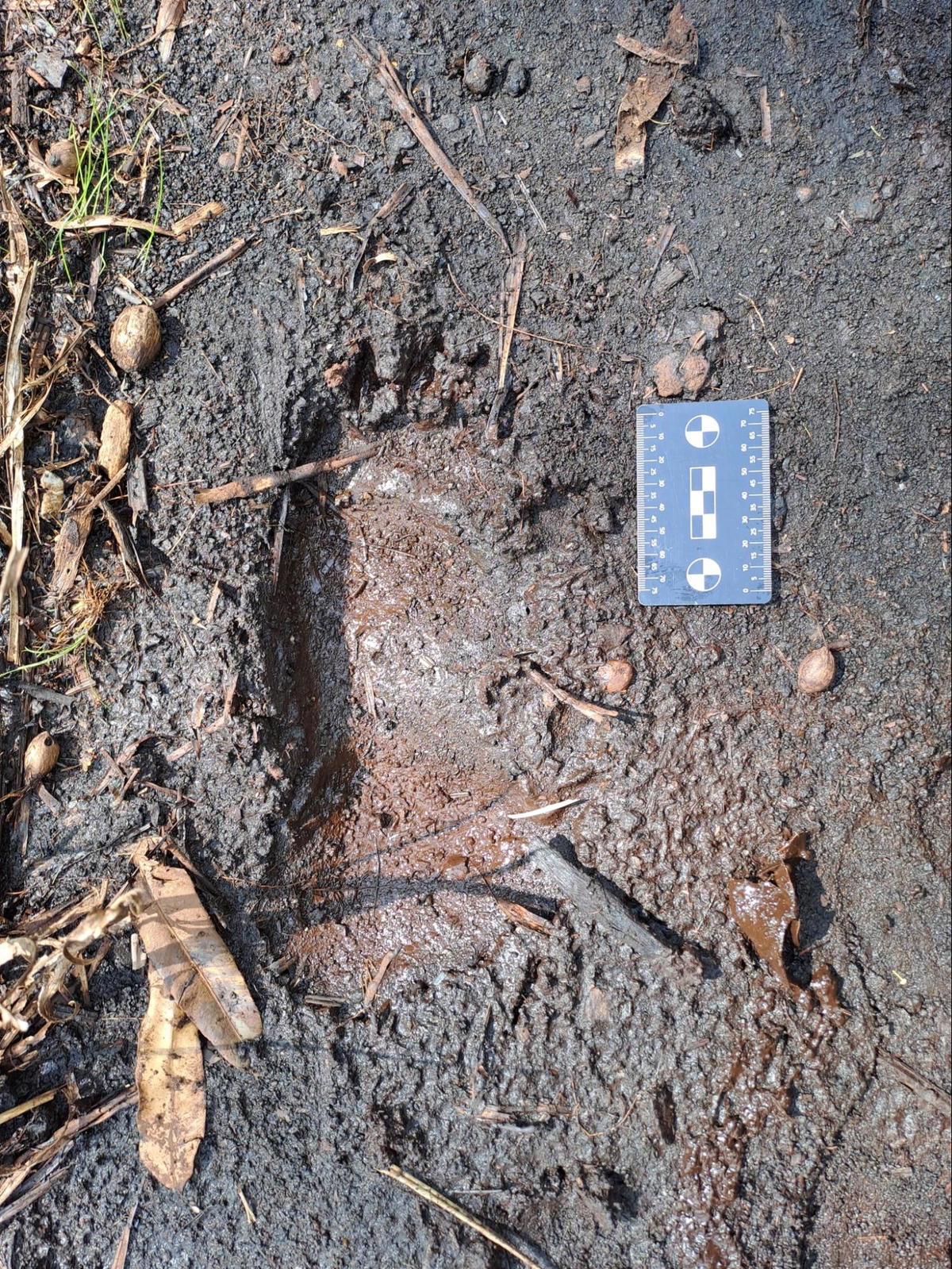
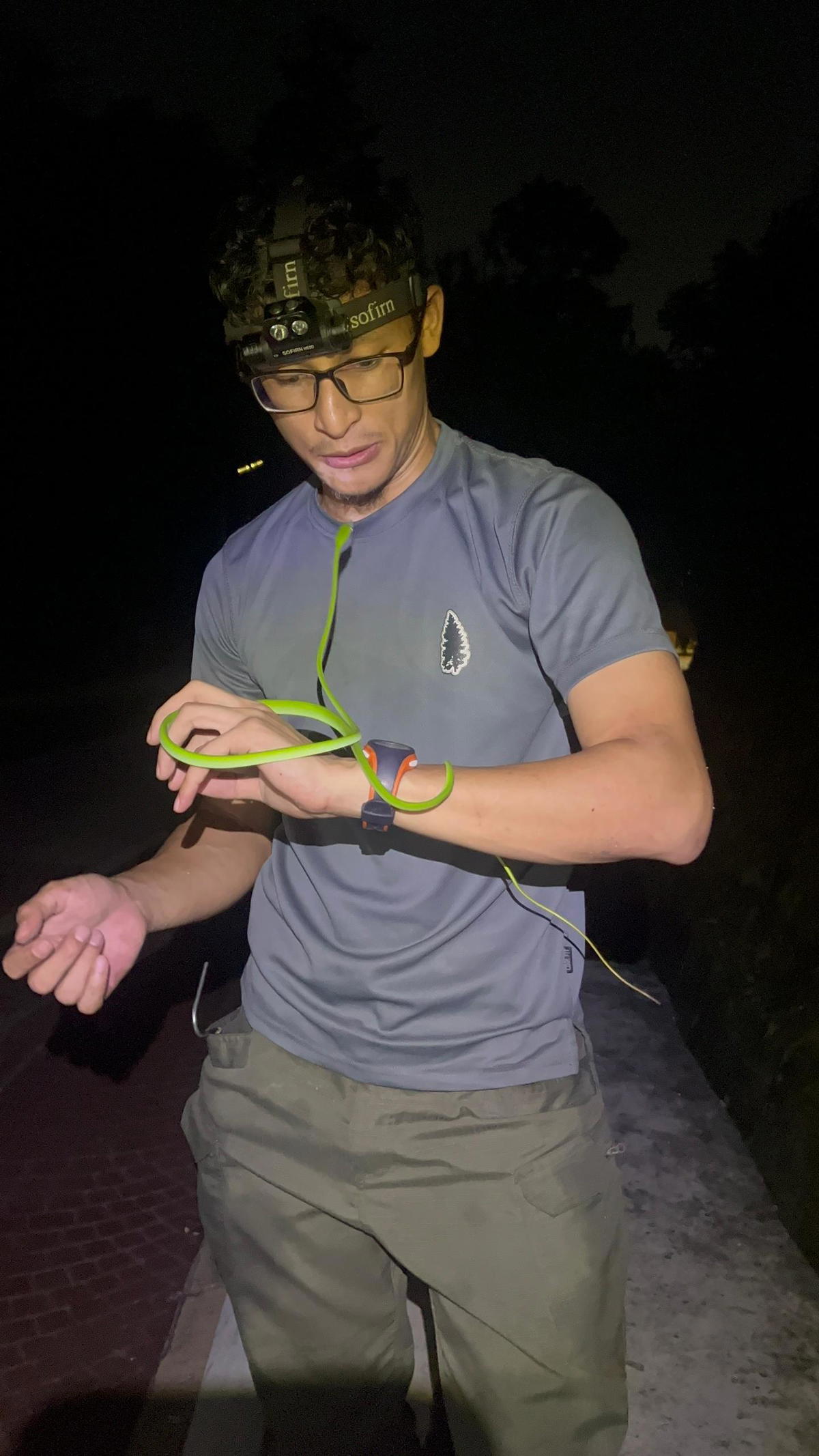
However, none of these encounters stopped me. On the contrary, I find them fascinating, further deepening my appreciation for the unpredictability and complexity of nature,” he said.
These experiences are a testament to his passion and resilience in uncovering the mysteries of Malaysia’s biodiversity.
Due to his work, Azam is often able to collaborate with multiple researchers from around the world who come to Malaysia to conduct their studies.
It’s great that international researchers take notice and are even keen to study our ecosystem, but after a while, I noticed that we don’t actually have a lot of Malaysians who are in the field”.
This inspired him to share his discoveries beyond academic papers, making them accessible not only to scholars but also to the general public.
Azam is passionate about making science accessible and engaging in order to inspire more youths to be interested in the field.
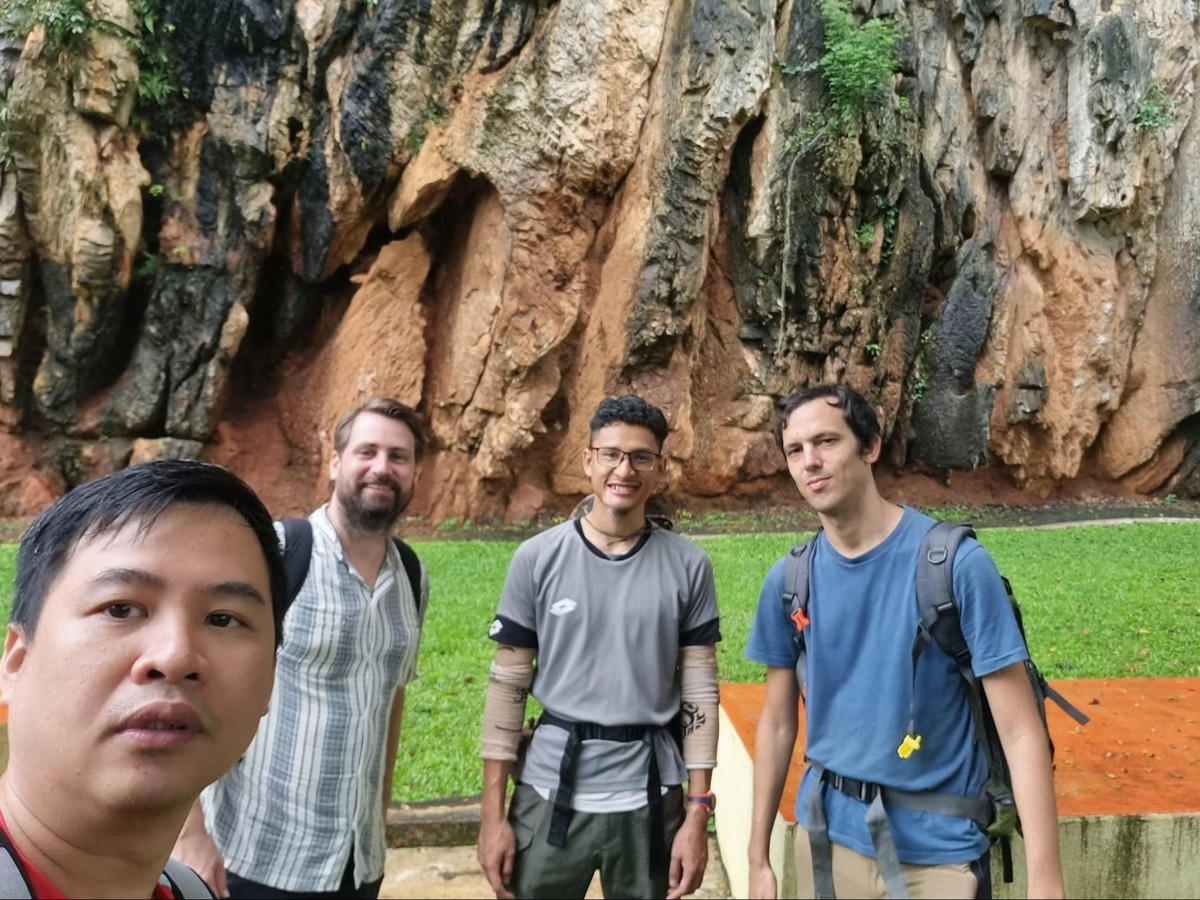
Sharing science in Malay & Sarawakian dialects
Encouraged by his parents and friends, he started sharing his experiences on TikTok under the moniker Anak Umi Suka Hutan (Mom’s Forest-Loving Boy), which is a tribute to his Sarawakian roots and mother.
Although Azam is fluent in English, he primarily shares his content in languages that resonate deeply with his audience.
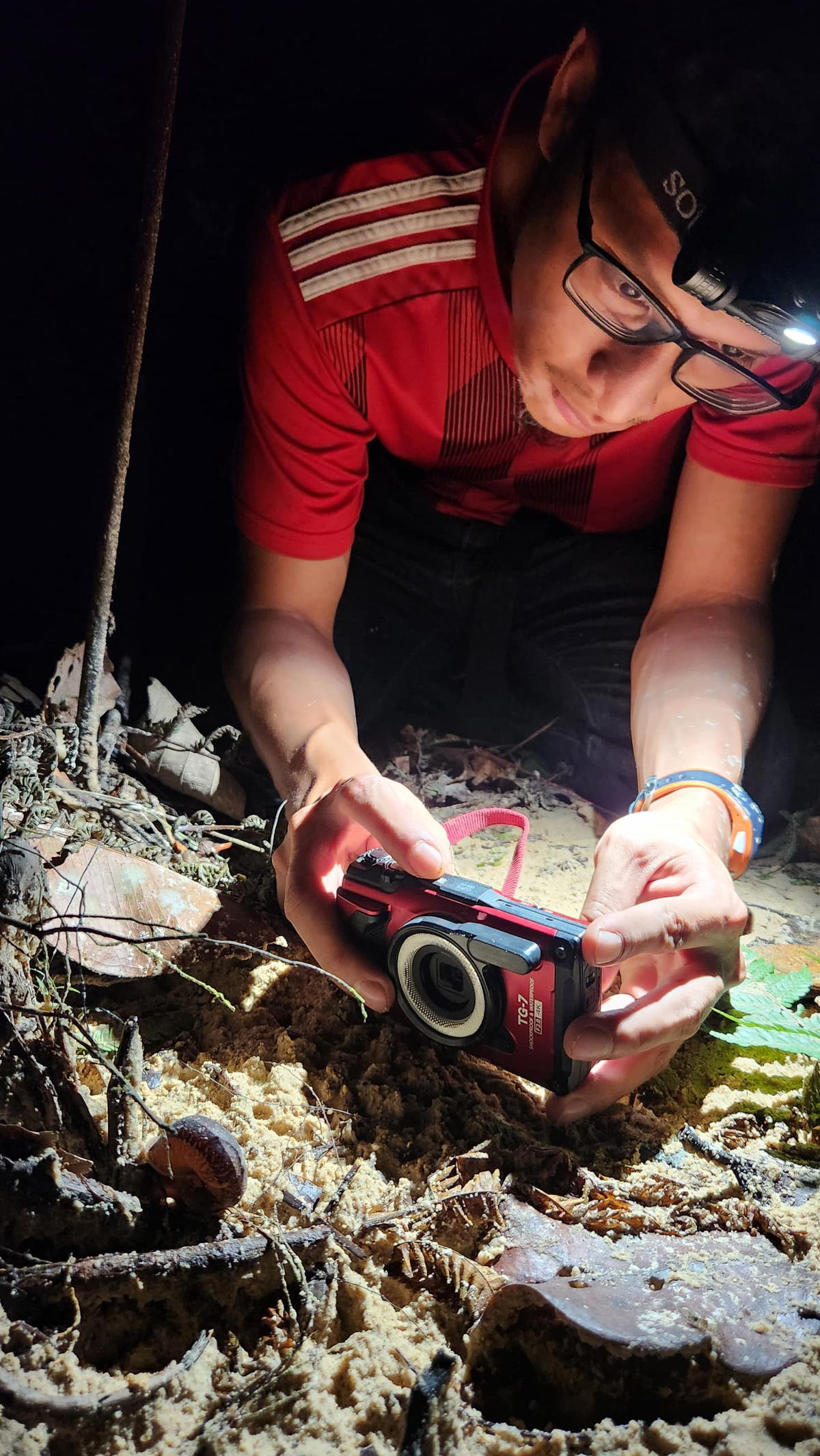
I prefer speaking in Malay and Sarawakian dialects with my audience to break language barriers and inspire a broader local audience to appreciate Malaysia’s natural heritage,” he explained.
Through short videos on forest ecosystems, showcasing fish species he studies, and live sessions for direct engagement, Azam simplifies complex science and fosters a sense of curiosity among his followers.
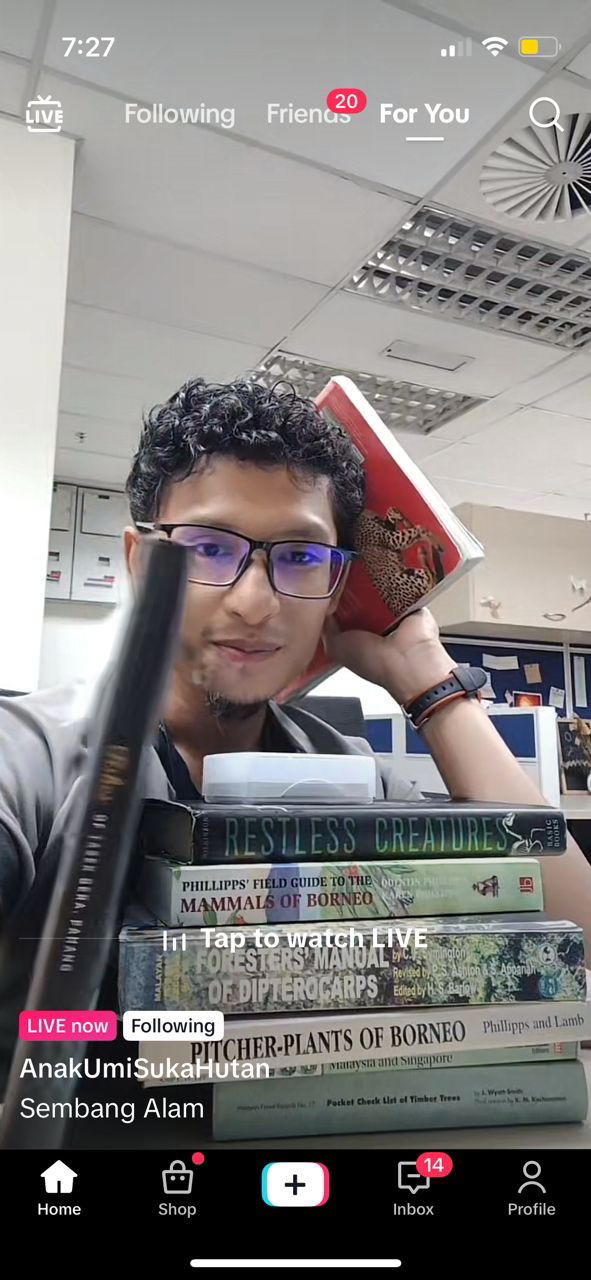
“The biggest struggle at the beginning of my content creator journey was actually video editing as I had no prior experience.
Additionally, presenting science in local languages is another constant headache as science terms are often taught in English and some specific terms have no translations for it.”
A relay in ecosystem protection
Despite these struggles, Azam is steadfast in his mission to create a positive impact on a small but meaningful scale.
His commitment to fostering awareness and a passion for science has earned the gratitude of rural school teachers who reached out to him and told him that they want to inspire their students to see the value of pursuing knowledge.
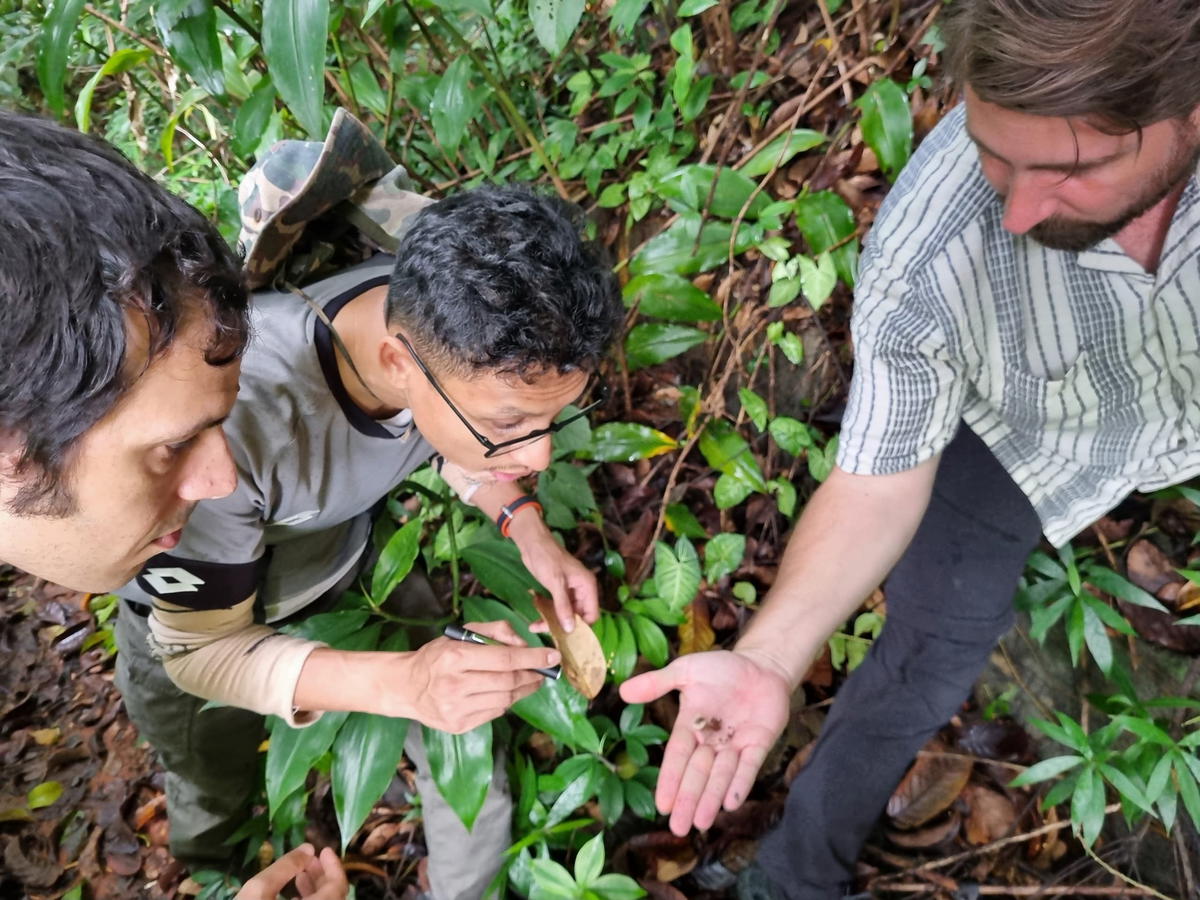
He believes that his efforts demonstrate how small steps, like sharing knowledge, can build a greater appreciation for the environment.
If I could just get kids to be interested in the things that I share, I have faith that our ecosystem will be in good hands in the future”, he said.
Beyond TikTok, Azam also collaborates with scientists and organisations to enhance conservation efforts.
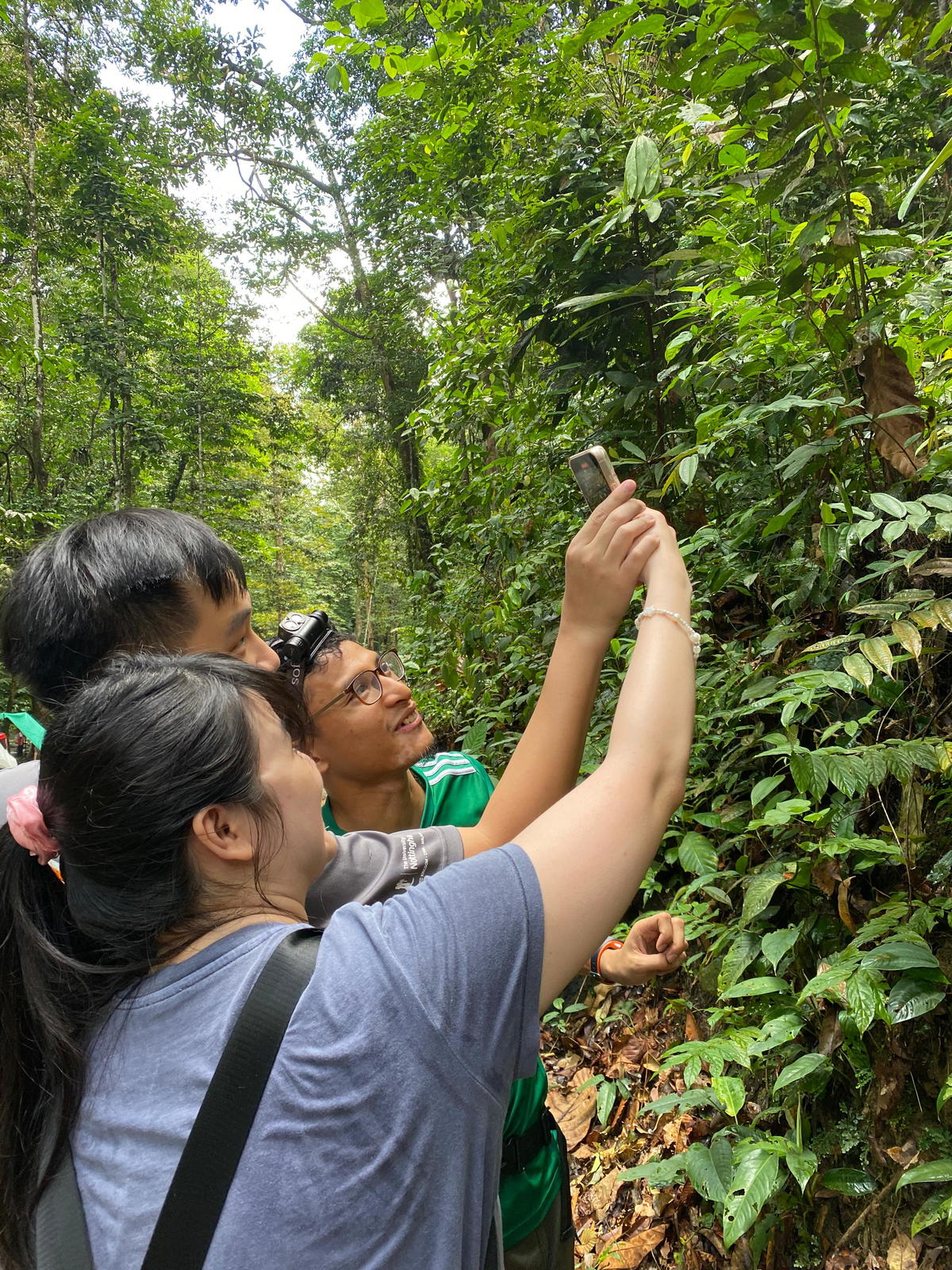
Recently, he made waves in conservation by rediscovering a freshwater mussel once deemed extinct in Malaysia and his research was later published in the Journal of Molluscan Studies.
Azam’s dream is to inspire Malaysians to see the value in their ecosystems and take an active role in protecting them.
In his unique way, he has partially accomplished this, as encapsulated in a drawing a young fan made, which showed a hornbill taking him to the skies.
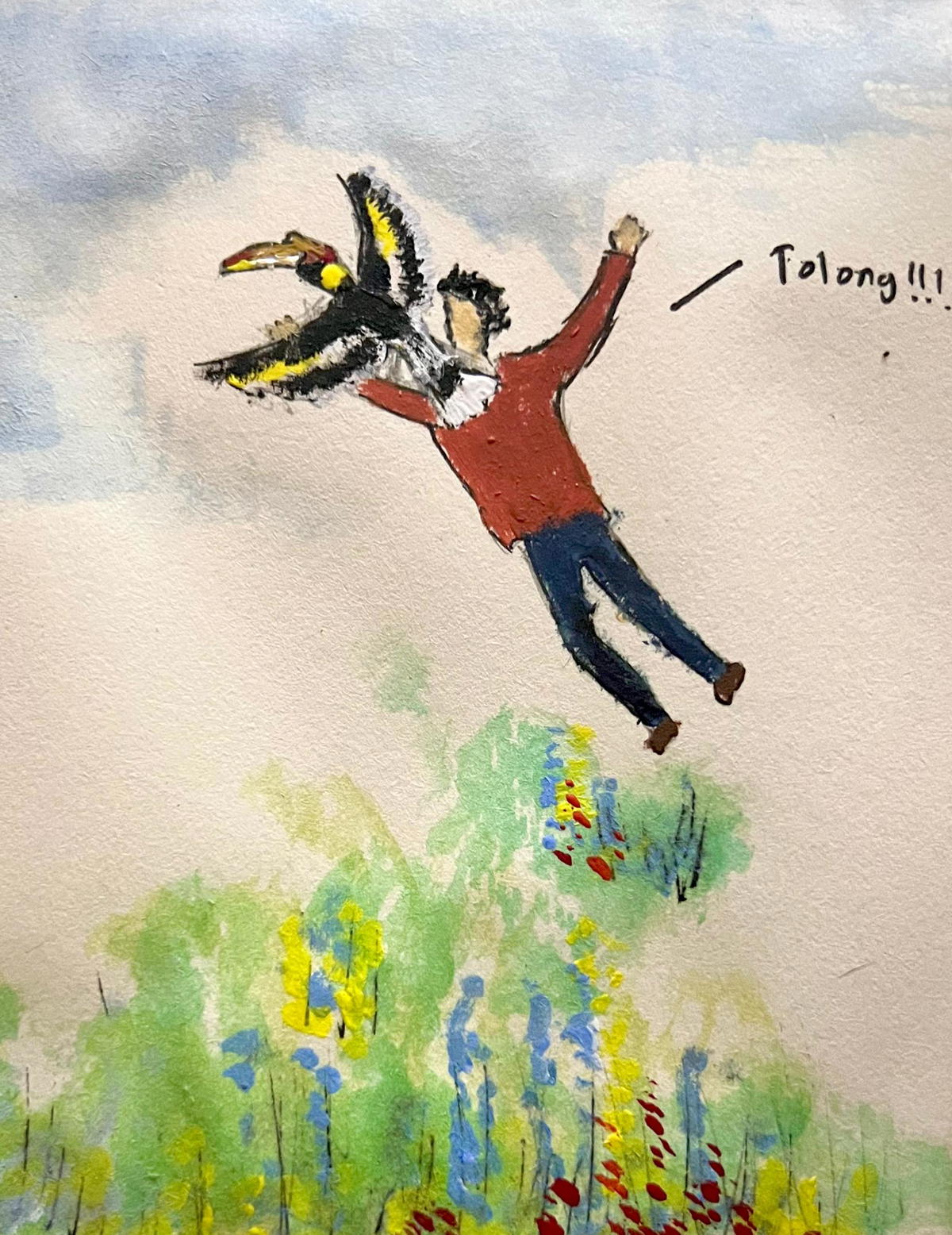
“We often know, read, and hear about the forest life that exists in our country. As I show my viewers everything I find in the forest, they would say they recognise them or have heard their grandparents or parents speak of them.
Even though some of us are familiar with what exists in our forests, a lot of us never see value in them and how they breathe life into our ecosystem.”
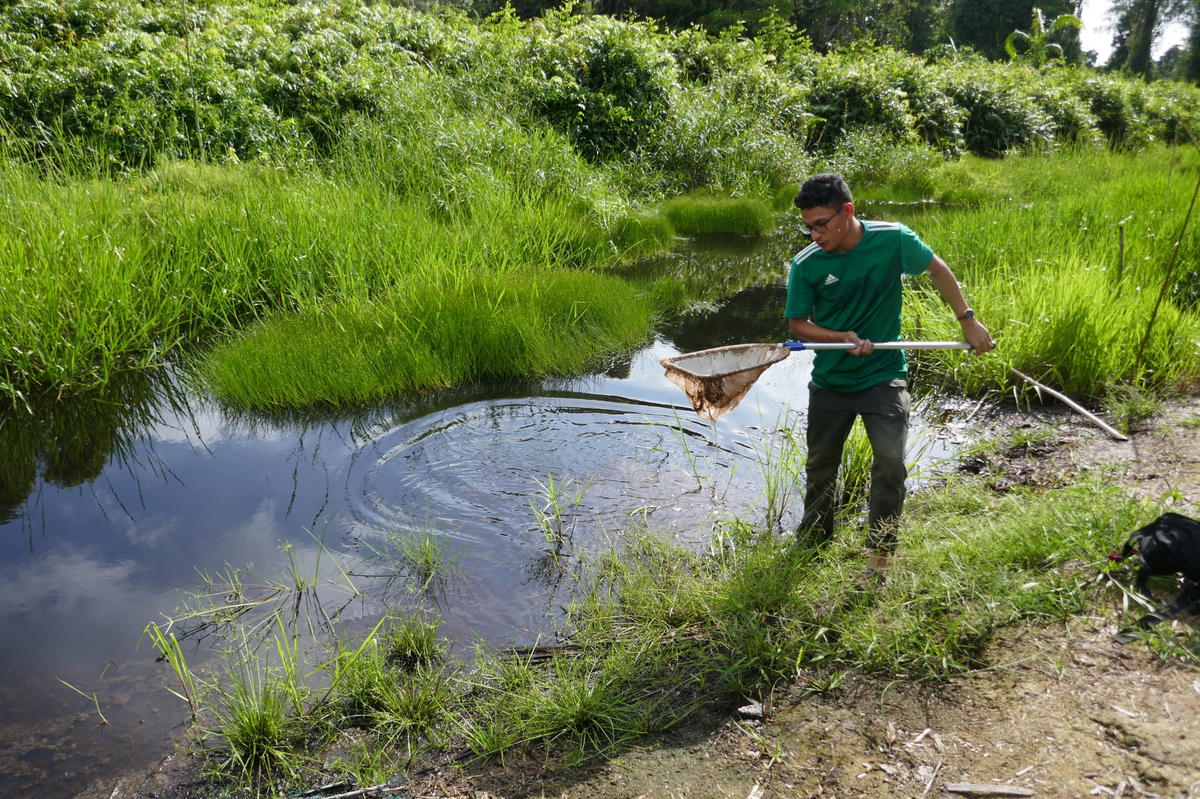
As such, Azam still believes he has a long way to go before he’s able to create tangible change in the community.
Azam’s journey is a testament to the power of curiosity, resilience, and passion. Whether it’s uncovering rare species, simplifying science, or encouraging aspiring content creators, he remains steadfast in his mission to connect people with the wonders of nature.
Exclusive Story by WeirdKaya – If you wish to reproduce this story, please ensure that you obtain consent from the interviewee to maintain factual accuracy and avoid the potential spread of misleading information.
If referencing or using any information from our story, we kindly ask that proper credit is given, along with a backlink to WeirdKaya, as acknowledgment of the efforts made by our editors in sourcing and conducting interviews.
Read more:



